#al makkah
Explore tagged Tumblr posts
Text
175 notes
·
View notes
Text
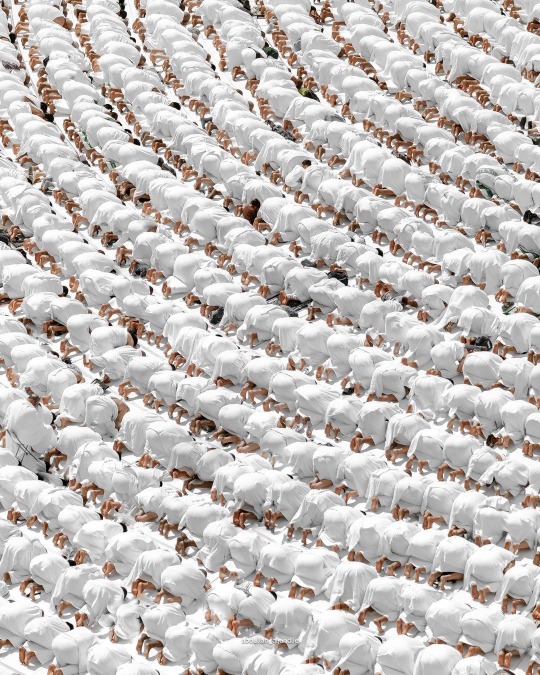

585 notes
·
View notes
Text

#islam#islamic#muslim#muslims#islamic reminders#muslim reminders#reminders#Allah#alquran#al quran#islamicquotes#hadithoftheday#hijab#islamdaily#trending#explore#foryoupage#foryou#fyp#tumblr fyp#muslimah#education#muslim reminder#dawah#comfort#peace#ease#happiness#find happiness#makkah
20 notes
·
View notes
Text
رَبَّنَآ أَفْرِغْ عَلَيْهِم صَبْراً وَثَبِّتْ أَقْدَامَهُم وَٱنصُرْهُم عَلَى ٱلْقَوْمِ ٱلْكَـٰفِرِينَ
rabbana afrigh ‘alayhim sabran wa thabbit aqdaamahum wansurhum ‘ala al-qawm al-kafireen
our Lord! shower them with perseverance, make their steps firm, and give them victory over the disbelieving people.
dua for patience and victory for the palestinian people.
🇵🇸
#from the river to the sea palestine will be free#palestine#free palestine#free gaza#islam#allahisthemostmerciful#allahﷻ#makkah#madinah#ramdan#islamic#muslim#allah#duaa#quranquotes#islamicpost#islamdaily#muslim reminder#muslimah#allahswt#al aqsa mosque#palestinian genocide#genocide#palestinian lives matter#palestinian resistance#save palestinians#justice for palestinians#palestinian children#palestinian families#quran
64 notes
·
View notes
Text

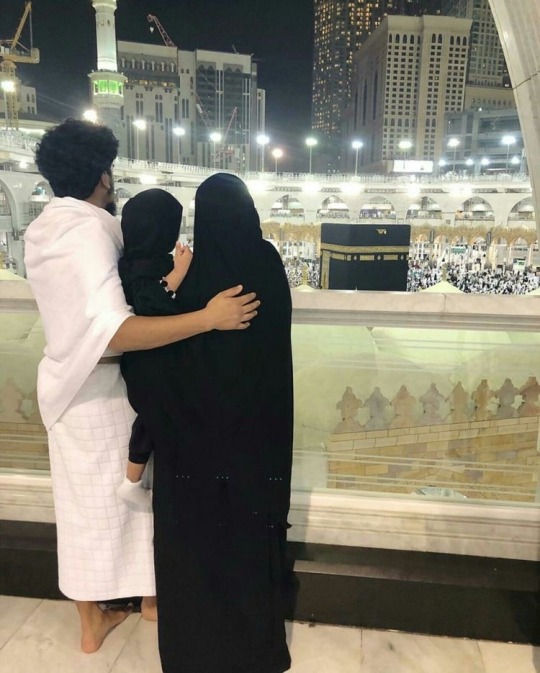
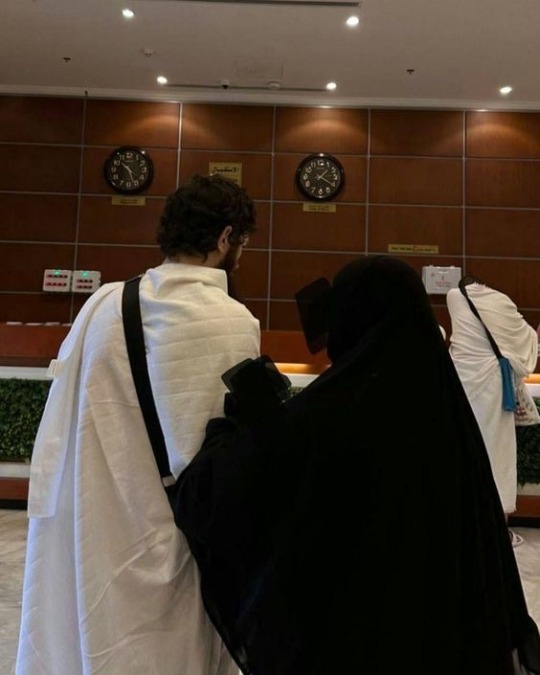

me and who and when ya Allah🥺
images source: pinterest
#islam#islamic#muslim#convert to islam#ahlussunnahwaljamaah#life#ahlusunnah#salafi#salafushalih#sayings of the salaf#muslim couple#makkah#makkahalmukarramah#madinah#madinahalmunawwarah#masjid al aqsa#masjid al haram#masjidalnabawi
105 notes
·
View notes
Text

SAUDI ARABIA
92 notes
·
View notes
Text

Specific Acts of Worship in the month of Rajab by Shaykh Sulaymān Al-Ruhaylī حفظه ﷲ
#youtube#islam#screenshots#collage#reminder#sacred months#Rajab#enter#new#moon#3#arabic#english translation#caption#scholar#6 years ago#madina#masjid Nabawi#Masjid Al Haram#makkah#mecca#saudi arabia#india#hyderabad#bid'ah#innovations#sins#transgression#Allah#mercy
4 notes
·
View notes
Text

Surah Al Kahf holds a great importance to us. The Pophet Muhammad (saw) encouraged to take heed and implement this Surah into our lives.
1 Surah Al Kahf is a Makkan Surah, revealed somewhere between the 8th and 10th year of Prophethood.
It was revealed to Prophet Muhammad (saw) before the Hijrah/Migration to Madinah when the persecution of Muslims and Islam was at a peak.
2 Surah Al Kahf has 110 Ayahs and is the 18th Surah in the Quran
3 The Surah talks about 4 major themes:
The People of the Cave
‘(Remember) when the young men fled for refuge (from their disbelieving folk) to the Cave, they said: Our Lord! Bestow on us mercy from Yourself, and facilitate for us our affair in the right way.’
Quran 18:10
The story about the rich and poor
‘And (O Prophet) coin for them a parable: Two men, We made for one of them two gardens of vines and We surrounded them with date-palms and We placed between them tillage.’
Quran 18:32
The story of Musa (as) and Khidr
‘There they found a servant of Ours, to whom We had granted mercy from Us and enlightened with knowledge of Our Own.’
Quran 18:65
Dhul Qurnayn with Yajuj and Majuj
‘They said, O Dhul Qurnayn, indeed Gog and Magog are (great) corrupters in the land. So may we assign for you an expenditure that you might make between us and them a barrier?’
Quran 18:94
4 Reading Surah Al Kahf on a Friday will illuminate the reciter from one Friday to the next.
5 The Surah consists of 1557 words, 6360 letters and contains 12 Rukuhs.
6 Al Kahf means ‘The Cave’ and thus named after the story about the People of the Cave
7 Surah Al Kahf is a protection from Dajjal
‘One who memorised the first ten verses of Surah al Kahf will be secure against the Dajjal (Anti-Christ).’
Muslim
May Allah help us make Surah Al Kahf a regular part of our Friday routine insha’Allah.
May Allah protect all of us from the Fitnah of Dajjal and forgive all of our sins. Ameen
#islam#quran#islamic#muslim#islamicquotes#pakistan#islamic group#muslim community#muslim countries#surah al kahf#friday jummah#jumahmubarak#istanbul#islamicreminder#islamicpost#hadith#allah#muslim ummah#makkah#jannah#muslimah#alhamdulillah
14 notes
·
View notes
Text
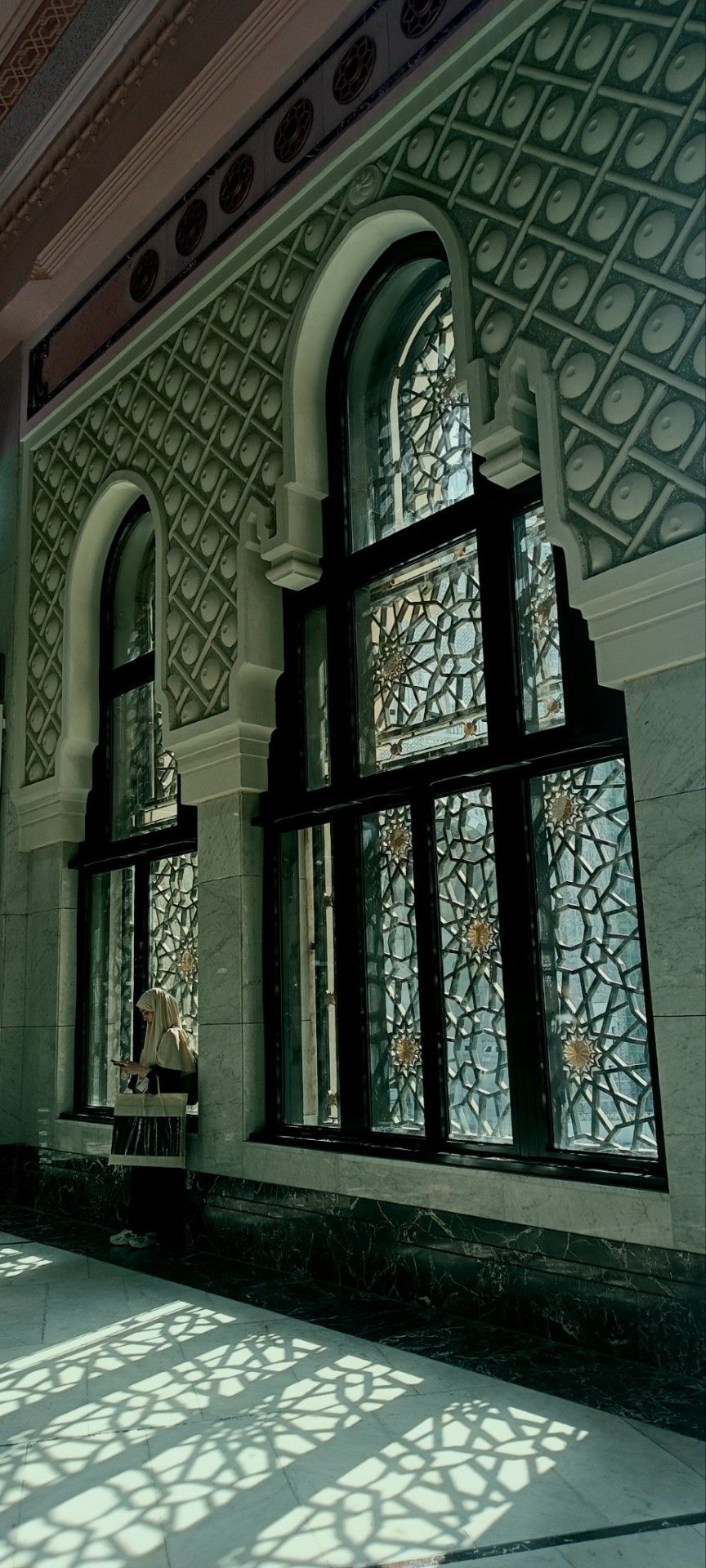
Hayırlı sabahlarr
Dün bu fotoğrafı çekmiştim oradaki o kızı görmemiştim aceleyle çektiğim için. Eve geldiğimde baktığımda farkettim çok güzel çıkmış(bence). kim olduğunu bilmiyorum, umarım burada paylaştığım için rahatsız olmaz...:*)
13 notes
·
View notes
Text
Who is Allāh? ☝🏾
"He is Allāh - there is no god worthy of worship except Him: Knower of the seen and unseen. He is the Most Compassionate, Most Merciful.
He is Allāh - there is no god except Him: the King, the Most Holy, the All-Perfect, the Source of Serenity, the Watcher of all, the Almighty, the Supreme in Might, the Majestic. Glorified is Allah far above what they associate with Him in worship!
He is Allāh: the Creator, the Inventor, the Shaper. He alone has the Most Beautiful Names. Whatever is in the heavens and the earth constantly glorifies Him. And He is the Almighty, All-Wise."
[Sūrah al-Ḥashr, Verse 22-24]
13 notes
·
View notes
Text
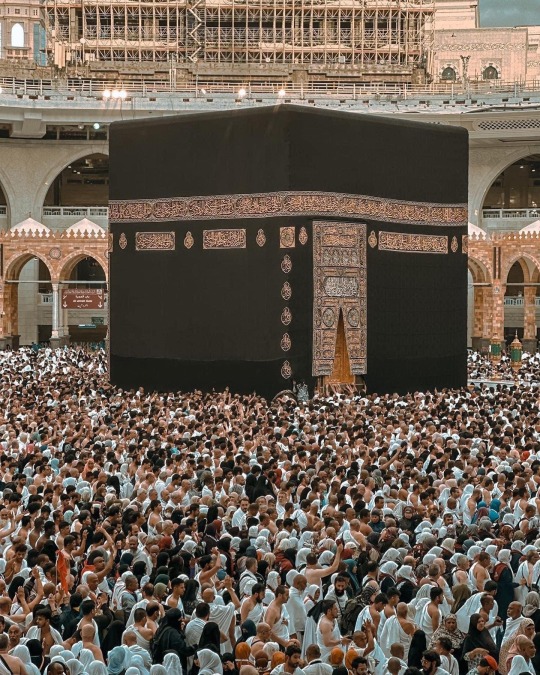
382 notes
·
View notes
Text

#islam#islamic#muslim#muslims#islamic reminders#muslim reminders#reminders#Allah#trending#alquran#al quran#holy quran#quran#life quote#life quotes#quran quotes#explore#foryoupage#foryou#fyp#tumblr fyp#peace#ease#happiness#quotes#makkah#madinah#comfort#quranic#dunya
22 notes
·
View notes
Text

Makkah Al-Mukarramah, Saudi Arabia
Dr Muhammad Amer
3 notes
·
View notes
Text

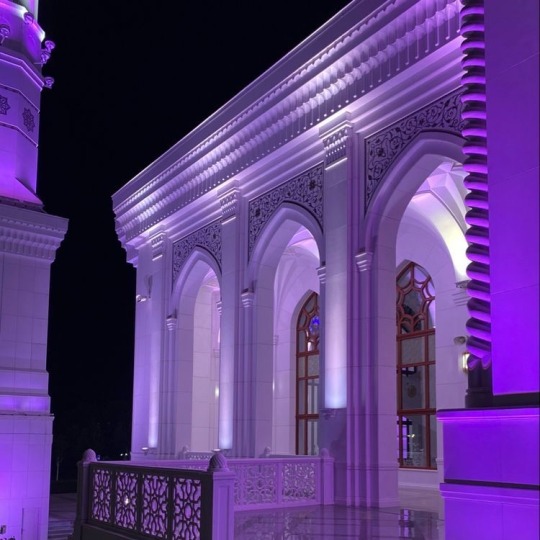

Khushoo’ in Salah
(Part 4)
The means of developing Khushoo’
4. Thinking about the aayaat and adhkaar being recited during the prayer and interacting with them.
The Qur’aan was revealed to be pondered over. Allah says (interpretation of the meaning): “(This is) a Book (the Quraan) which We have sent down to you, full of blessings that they may ponder over its Verses, and that men of understanding may remember.” [Saad 38:29]. No one can ponder over its verses unless he has some knowledge of the meaning of what he is reciting, so that he can think about it and be moved to tears by it.
•Another way of helping oneself to ponder over the meanings is to repeat aayaat, because this will help one to think deeply and look again at the meanings.
•Another way of helping oneself to ponder over the meanings is to memorize Quraan and various adhkaar to be recited during different parts of the prayer, so that one may recite them and think about their meanings.
5. Pausing at the end of each ayah:
This is more helpful in understanding and thinking about the meaning, and it is the Sunnah of the Prophet ﷺ , as Umm Salamah (رضي اللّٰه عنه ) described how the Messenger of Allah ﷺ would recite, “Bismillah il-Rahmaan il-Raheem”, and according to one report, he would pause, then say, “Al-hamdu Lillaahi Rabbi‟l- „Aalameen, al-Rahmaan, al-Raheem.” Then according to one report, he would pause, then say, “Maaliki yawm il-deen,” and he would break up his recitation ayah by ayah. (Reported by Abu Dawood, no. 4001; classed as Saheeh by al-Albaani in al-Irwaa‟, where its isnaads are described. 2/60).
•Pausing at the end of each ayah is Sunnah even if the meaning continues into the next ayah.
•Reciting in slow, rhythmic tones (tarteel) and making one’s voice beautiful when reciting. The Prophet (peace and blessings of Allah be upon him) “would recite a surah in such slow rhythmic tones that it would be longer than would seem possible.” (Reported by Muslim, no. 733).
•Another way of helping oneself to have khushoo’ is by making one’s voice beautiful when reciting. This is something that was advised by the Prophet ﷺ , as when he said, “Beautify the Qur‟an with your voices, for a fine voice increases the Quraan in beauty.” (Reported by al-Haakim, 1/575; Saheeh al- Jaami‟, no. 3581).
6. Knowing that Allah responds to prayers:
The Prophet ﷺ said: “Allah ﷻ has said: I have divided the prayer between Myself and My slave, into two halves, and My slave shall have what he has asked for.” When the slave says “Praise be to Allah, Lord of the Worlds”, Allah says, “My slave has praised Me.” When the slave says, “The Most Merciful, the Bestower of Mercy,” Allah says, “My slave has extolled me.” When the slave says, “Master of the Day of Judgement,” Allah says, “My slave has glorified me.” When the slave says, “It is You alone we worship and it is You alone we ask for help,” Allah says, “This is between Me and My slave, and My slave shall have what he asked for.” When the slave says, “Guide us to the Straight Path, the path of those whom You have favoured, not the path of those who receive Your anger, nor of those who go astray,” Allah says, “All these are for My slave, and My slave shall have what he asked for.” (Saheeh Muslim).
•This is a great and important hadith. If everyone kept it in mind when he prays, he would attain immense khushoo’ and al-Faatihah would have a great impact on him. How could it be otherwise, when he feels that his Lord is addressing him and giving him what he is asking for?
•This “conversation” with Allah must be respected and accorded its proper value. The Messenger of Allah ﷺ said: “When any one of you stands to pray, he is conversing with his Lord, so let him pay attention to how he speaks to Him.” (al-Haakim, al-Mustadrak, 1/236; Saheeh al-Jaami‟, 1538).
Source: 33 Ways of developing Khushoo’ in Salaah by Sheikh Muhammed Salih Al-Munajjid
#islam#islamic#muslim#convert to islam#life#ahlussunnahwaljamaah#ahlusunnah#salafi#salafushalih#sayings of the salaf#makkahalmukarramah#makkah#madinah#madinahalmunawwarah#masjid#masjid al aqsa#masjidalnabawi#masjidalharam#islamicquotes#islamic reminders#islamic quotes#motivationalwords
31 notes
·
View notes

